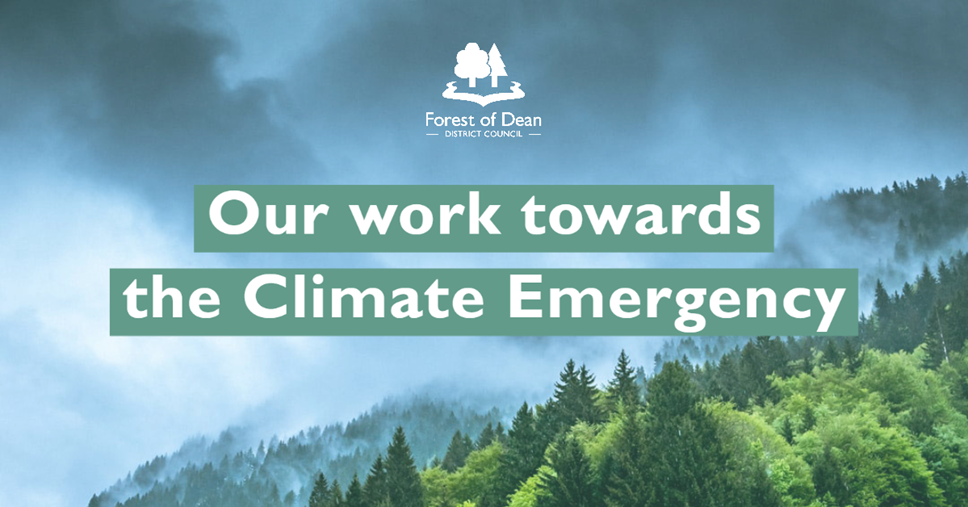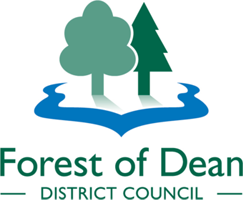
Council progresses its plans to make the Forest of Dean carbon neutral by 2030
After declaring a ‘Climate Emergency’ at the end of last year, Forest of Dean District Council is moving forward with its work to reduce its carbon emissions.
Last December the council noted the Intergovernmental Panel on Climate Change’s (IPCC) warning that enormous harm would result from a two degree centigrade rise in global warming compared with the Paris Agreement’s limit of a one and a half degree increase.
In line with recommendations from the IPCC, councillors declared a ‘Climate Emergency’ with the aim of achieving carbon neutrality for the council and the district by 2030, taking into account both production and consumption emissions.
Beginning its journey towards carbon neutrality, work has now begun with the Mayor of Coleford and Coleford Town Council on a template that can be used by businesses, schools and the local community to reduce their use of ‘single use plastics’. Once working, it’s hoped that other towns could use this template too. Plastics are petroleum products, the less we use and throw away, the less carbon is burnt.
The council will also be asking local supermarkets in Coleford, Cinderford, Newent and Lydney what they can do to reduce unnecessary plastic packaging in their stores.
Cllr Tim Gwilliam, Leader of Forest of Dean District council said, “A few days after we announced our plans to become carbon neutral by 2030 it became clear that this wasn’t going to be easy, quick or straightforward. However, our council really wants to achieve this and I believe, the Forest of Dean with all its links to the environment, its natural beauty and the communities’ love of those things make it the perfect place to lead the way forward.
“This week I’ve written to the mayors and mayoress of our four towns to see if they’ll join me in asking local supermarkets about their plans for carbon reduction and changes towards friendlier packaging. I’d like those supermarkets to use the Forest of Dean as a trial area for a serious reduction in unnecessary plastic packaging used in their stores.”
In addition to this, in the year ahead the council will be reviewing its own energy supply, opportunities for renewable energy generation, exploring electric vehicle charging and solar panelling on all its own developments, amongst other things to reduce its carbon usage.
Cllr Chris McFarling, cabinet member for environment, wildlife, heritage and culture said, “In many ways declaring a ‘Climate Emergency’ was the easy part and now the council is beginning to turn the wheel toward the aims of that motion. We absolutely must make use of renewable energy to reduce our carbon footprint and save us money. It’s a win:win solution both now and in the long-term.”
It is hoped that the supermarket and local community initiatives, alongside real changes in and around the council offices in Coleford, can be a real catalyst for change, making the most of what may be a difficult task - and a huge opportunity.
